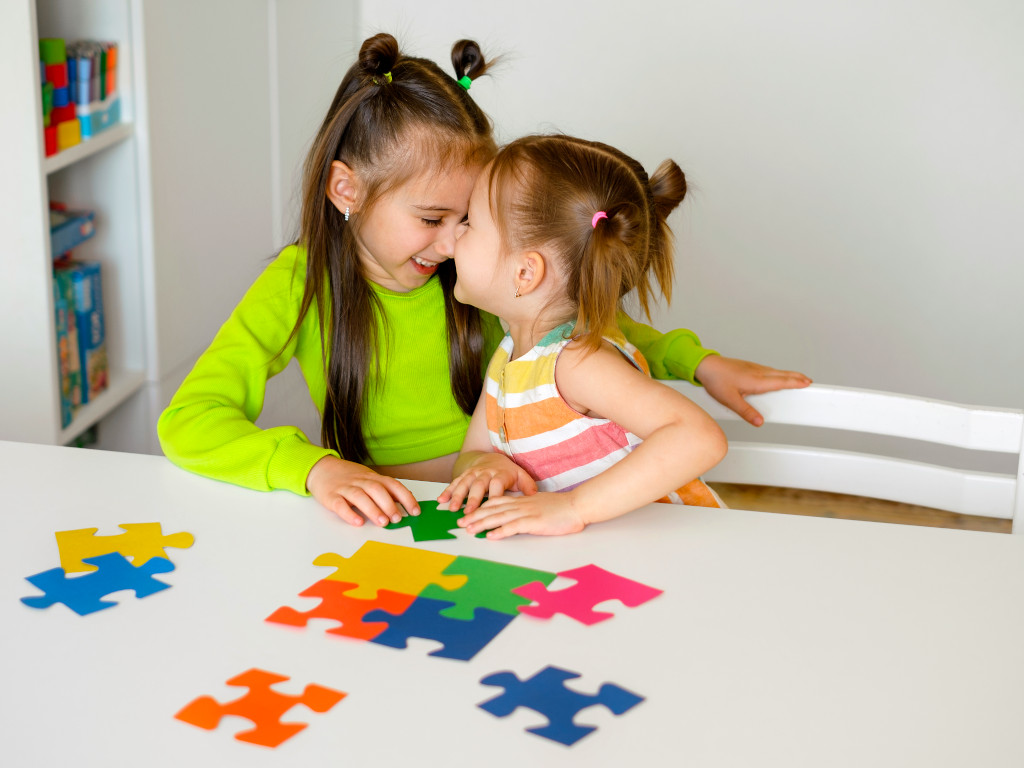Practical guidance
Real-life guidance to support Chinese autistic individuals and families through everyday challenges, from diagnosis to daily living.
Help us change lives by making a donation of any amount:
This section offers practical, real-life guidance for Chinese-speaking autistic adults, late-diagnosed individuals, and families seeking to better understand and navigate neurodivergence within their cultural and social context.
From recognising autistic traits and pursuing a diagnosis to managing sensory differences, communication needs, and workplace or social challenges — these resources are designed to be accessible, respectful, and rooted in lived experience.
Whether you’re navigating these experiences yourself, supporting a loved one, or working with Chinese clients professionally, this page offers strategies that bridge clinical knowledge with cultural understanding.
For one-to-one advice or culturally informed consultation, visit our Service Page.

"Different, Not Less" - Temple Grandin
Adult Diagnosis
Seeking a formal autism diagnosis as an adult? Learn the benefits of a formal diagnosis and how to request a referral from your GP. Understand the referral process, guidelines for GPs, and options for local or private services.

I know there are so many things I won’t understand, but I still want to live a life with meaning. -Temple Grandin
Dealing with change
Autistic people may sometimes find change difficult but there are things we can do to support them.

"Autism is not a tragedy. Ignorance is a tragedy." - Kim Stagliano
Road safety
Sensory differences, noisy traffic, flashing lights, and car fumes may mean that your autistic child may find it difficult to go out in the community.

This is a door, the only thing I have to do is go through it, all doors leads to a new world -Temple Grandin
Distressed behaviour
Some autistic individuals may show signs of distress, which can include behaviours like hitting, biting, spitting, or pulling hair.

Different, but not less. - Temple Grandin
Child wont go to school
Some autistic children find the school environment and the demands of the school day extremely difficult.

“Nature is cruel but we don't have to be.” -Temple Grandin
Dealing with bullying
Some autistic people can find it difficult to interpret other people’s intentions and therefore may not always notice then they are being bullied.

"Autism doesn't come with an instruction guide. It comes with a family who will never give up." - Kerry Magro
Making friends
Your autistic child might struggle in social situations. You might notice that other kids seem to naturally understand how to talk and play together. It can be puzzling for parents of autistic children to explain why their kids find socialising tough, even if they’re good at other things.

"There needs to be a lot more emphasis on what a child can do, instead of what they cannot do." - Temple Grandin
Intense interests and repetitive behaviour
Strong passions and repeated actions can bring joy to autistic individuals and serve as a means of dealing with daily challenges. However, these pursuits might transform into fixations that restrict engagement in other tasks, which can make them feel upset or worried.

“If they can't learn the way we teach, we teach the way they can learn."——Dr.O.Ivar Lovaas
Healthy toilet practices
Teaching a child to use the toilet can be a challenge for many families, regardless of whether the child is autistic or not. Since most advice is designed for parents of neurotypical children, you might find it helpful to read some more specific guidance here, focusing on the particular needs of autistic children.

"I am not a superhero, but I am a mother of a child with autism. Close enough." - Anonymous
Eating
We all need to eat nutritious and varied foods, but this can sometimes be a challenge for autistic people for a variety of reasons. This guide provides tips for common struggles around food, including restricted diets, over-eating, and eating non-food items (pica).

"Autism can be a beautiful thing if we take the time to understand it." - Stuart Duncan
Play
Teaching and encouraging your child to play can help to develop their language and communication skills and activities such as role play can help them to understand a range of social situations.

"Autism is not a processing error. It's a different operating system." - Sarah Hendrickx
Coming to terms
Although the causes of autism are not yet known, it is certain that autism is not caused by parenting or the way a child is raised. Children from a range of different cultures, backgrounds, and walks of life may receive an autism diagnosis.

"We may not have it all together, but together we have it all." - Anonymous
Sleep
Many autistic children will experience difficulties sleeping at some point, which can have an impact on the whole family. Your child may have difficulties getting to sleep or might wake up throughout the night.

“Behavior is communication. Change the environment and behaviors will change.” – Lana David
Stimming
Stimming or self-stimulating behaviour includes arm or hand-flapping, tapping with fingers, rocking, jumping, spinning, or twirling. It includes the repetitive use of an object, such as flicking a rubber band, or repetitive activities involving the senses such as repeatedly touching a particular texture.

“Everyone is a genius. But if you judge a fish by its ability to climb a tree, it will live its whole life believing that it is stupid.” - Albert Einstein
Communication Tips
Enhance your communication with autistic individuals using these practical tips. From getting and keeping their attention to processing information effectively, discover strategies to foster clear and meaningful interactions.

“Behavior is communication. Change the environment and behaviors will change.” – Lana David
Diagnostic Assessment
Explore the autism assessment process, from meeting professionals to receiving the diagnostic report. Learn about assessments, guidelines, and understanding your child's needs. Get insights on seeking a second opinion, accessing specialist services, and addressing complaints.

“We need to see the world from the autistic perspective and apply approaches based on a mutuality of understanding that are rational and ethical – which respect the right of the individual to be different – yet recognises and deals with distress and offers practical help.” (Mills, 2013).
Pre-diagnosis Support
Learn the steps to get your child referred for an autism diagnosis. Learn about the signs of autism, the importance of proper assessment, and how to contact healthcare professionals. Find support and resources to navigate this process.

“Don’t walk in front of me, I may not follow. Don’t walk behind me, I may not lead. Just walk beside me, and be my friend.” ——Albert Camus
Sensory Differences
Discover the world of sensory differences in autism. Explore the challenges of over- and under-reactivity to sensory inputs and their impact on daily life. Learn about specific sensory domains and practical coping strategies.

Once you truly understand autism, you will see it in everyone, and of course it’s not some kind of illness. Autism is much common than you think once you truly understand the condition. ——Hazel Lim
Understanding & Developing Communication
Improve your understanding of autistic communication and learn strategies for supporting individuals. Explore non-speaking communication, stages of communication development, and practical tips for promoting effective communication.
Make a donation
If you would like to help Chinese Autism, you can make a donation by following the link below. Thank you !


